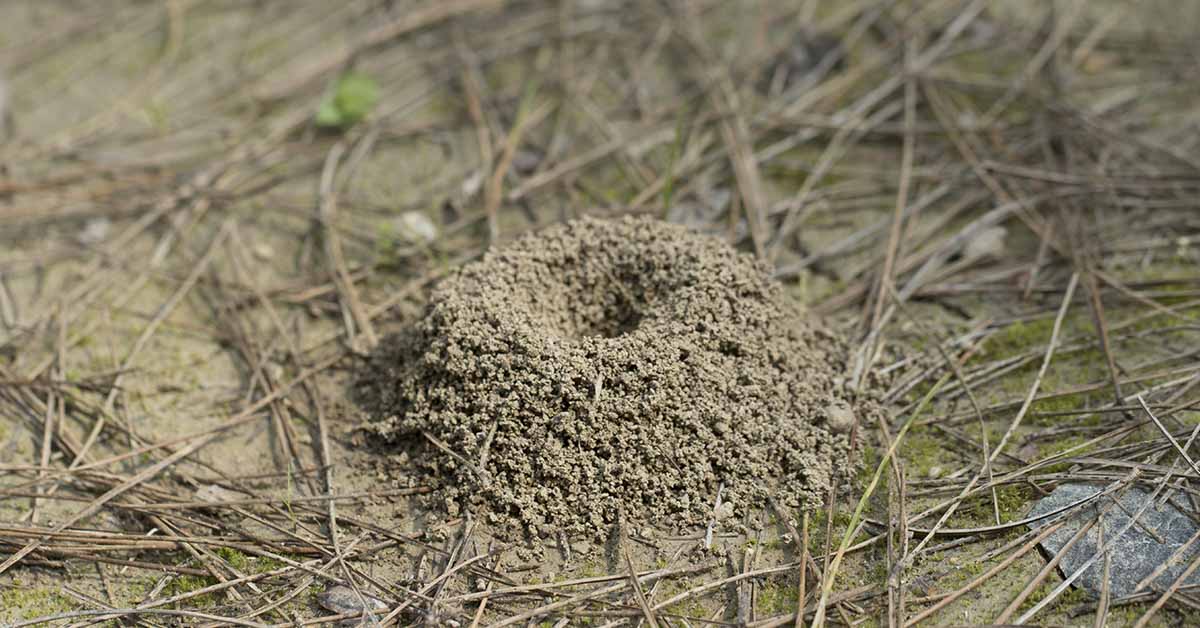Ant hills in your yard can quickly become more than just an eyesore. They may signal a growing colony right underfoot, disturbing your soil and even attracting unwanted pests inside your home. While chemical pesticides exist, many homeowners prefer safer and more natural options that are easy on the environment and family-friendly. Fortunately, several common household items can help you take back your lawn without harsh toxins. Here are effective natural remedies to eliminate ant hills while keeping your garden healthy.
Boiling Water Does the Trick

One of the simplest and fastest ways to destroy an ant hill is by pouring boiling water directly into it. This method immediately floods the tunnels and eliminates a significant portion of the colony. For best results, boil two to three large pots of water and pour them in succession. Be careful while handling the water to avoid burns, and repeat the process if you see the ants returning. While this doesn’t always reach the queen on the first try, it does cause major disruption.
White Vinegar Solution Works Wonders

White vinegar is a powerful natural remedy that disrupts the ants’ scent trails and irritates their exoskeletons. Mix equal parts vinegar and water, then pour or spray the solution directly into the hill. The strong smell overwhelms their senses and can kill ants on contact. Vinegar also soaks into the soil, creating a lingering environment that ants tend to avoid. Repeat the application over several days to ensure the colony doesn’t rebuild.
Dish Soap and Water Combo

A mixture of dish soap and water makes an effective, non-toxic ant killer. Combine one tablespoon of liquid dish soap with a quart of water and pour it directly into the mound. The soapy water breaks down the ants’ waxy outer coating and suffocates them. You can also use this mixture in a spray bottle to treat surrounding areas where ants might wander. This method is especially useful in gardens where you don’t want to risk damaging plants with harsher solutions.
Cinnamon Disrupts Scent Trails
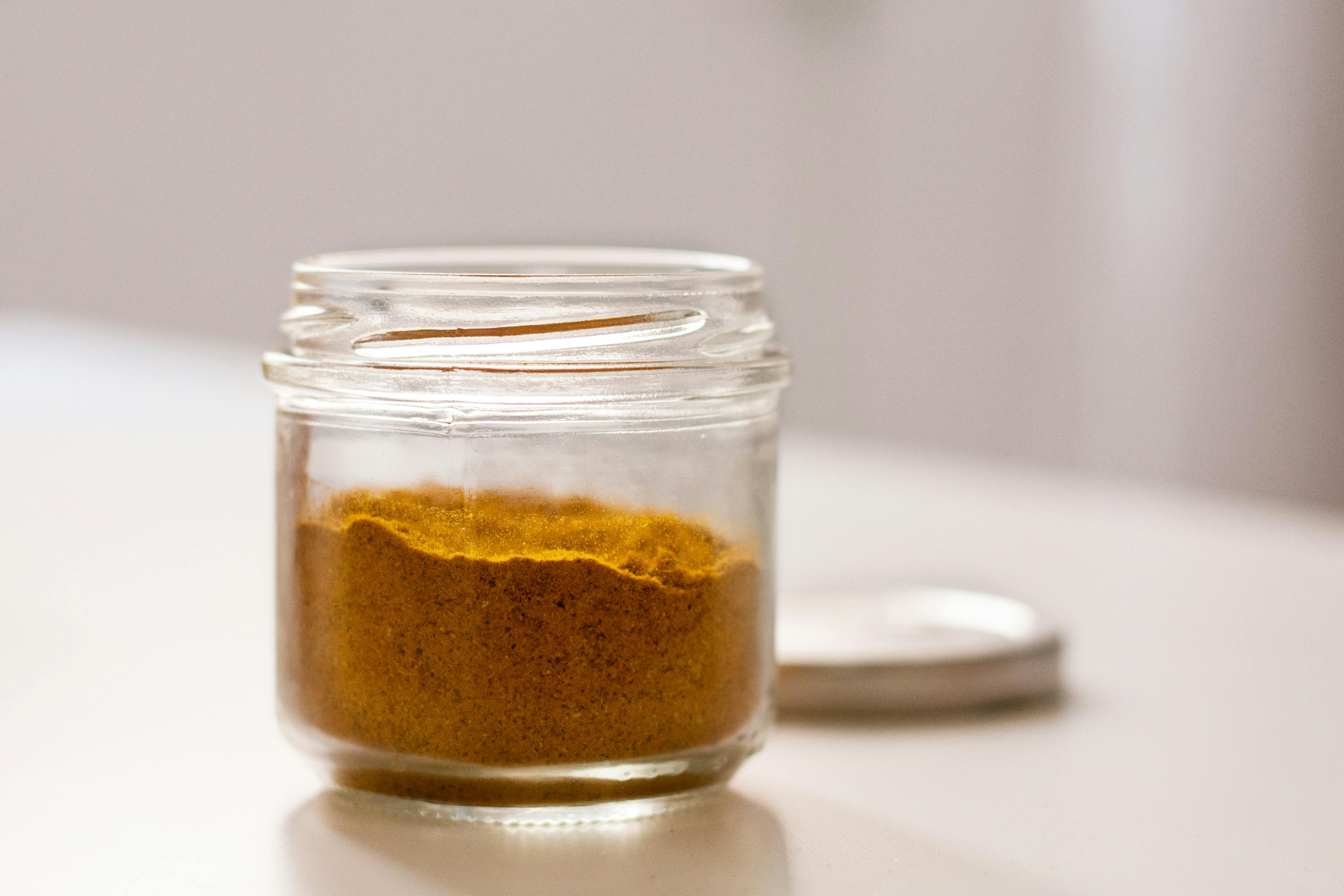
Cinnamon is more than a fragrant spice, it’s also a potent ant deterrent. Ants communicate through pheromone trails, and cinnamon’s strong scent disrupts those pathways. Sprinkle ground cinnamon directly onto the ant hill and around entry points in your yard. This doesn’t kill ants but encourages them to relocate. For extra potency, use cinnamon essential oil diluted with water as a spray. It provides longer-lasting protection and can be reapplied after rain.
Baking Soda and Powdered Sugar Trap
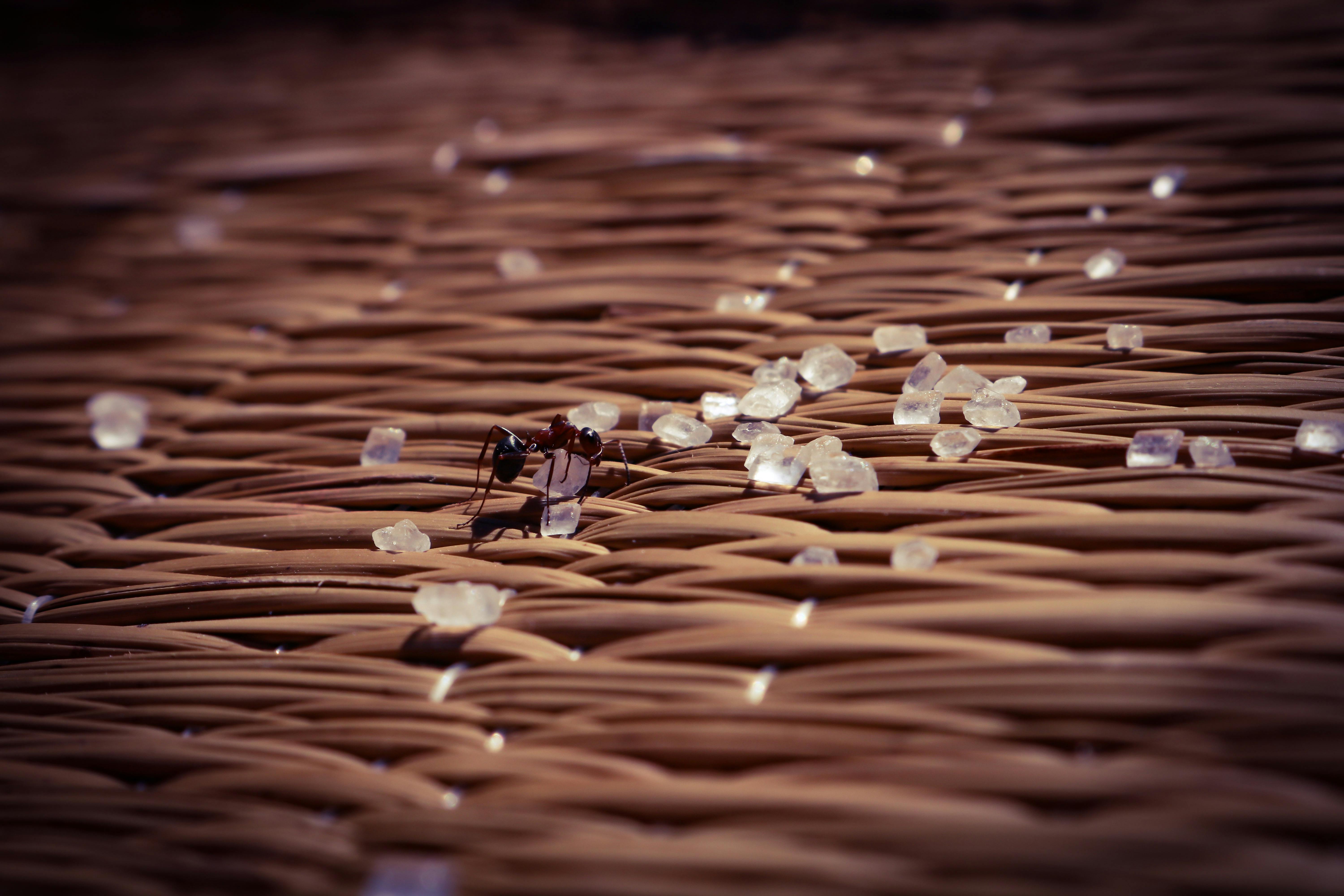
This remedy relies on simple chemistry. Mix equal parts baking soda and powdered sugar and place small amounts near ant hills. The sugar lures ants in, while the baking soda reacts with their digestive systems and kills them. It may take a few days, but it targets the ants that carry food back to the colony. This remedy works well when used with others, especially in drier areas where liquid solutions aren’t practical.
Diatomaceous Earth (Food Grade Only)
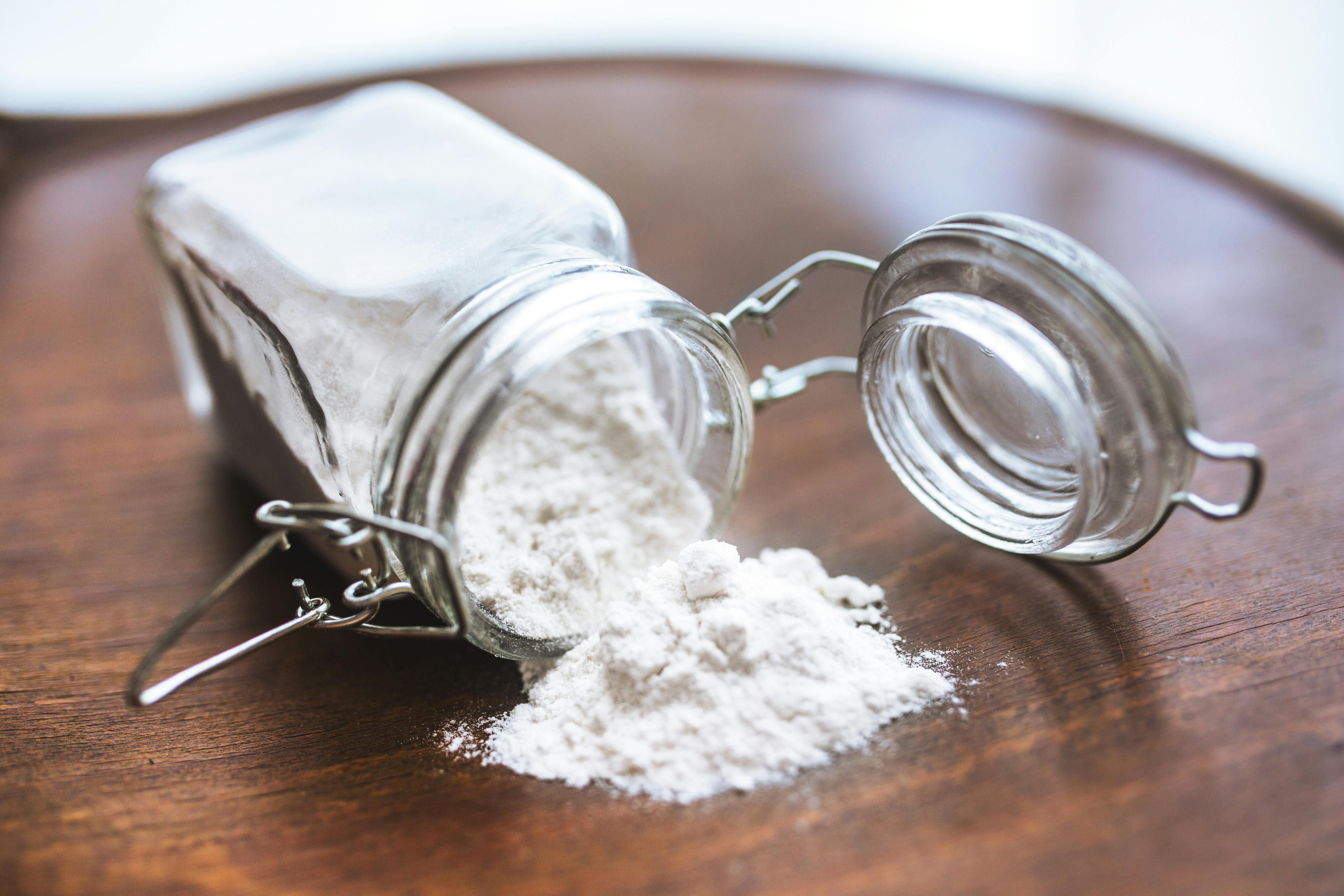
Food-grade diatomaceous earth is a fine powder made from fossilized algae. It’s safe for people and pets but deadly for ants. Sprinkle it around the mound and along ant trails. The powder penetrates the ants’ exoskeleton and dehydrates them over time. Avoid using it when rain is expected, as moisture reduces its effectiveness. Reapply as needed, especially after watering your lawn or heavy dew.
Peppermint Oil as a Natural Repellent

Peppermint essential oil smells great to humans but acts as a powerful repellent for ants. Mix 10 to 15 drops with a cup of water and spray the mixture directly into the ant hill and around your yard. The scent confuses their navigation and deters them from returning. You can also soak cotton balls in peppermint oil and place them near mounds or patio areas. This method is especially helpful for keeping ants away from outdoor eating spaces.
Cornmeal as a Slow Acting Bait
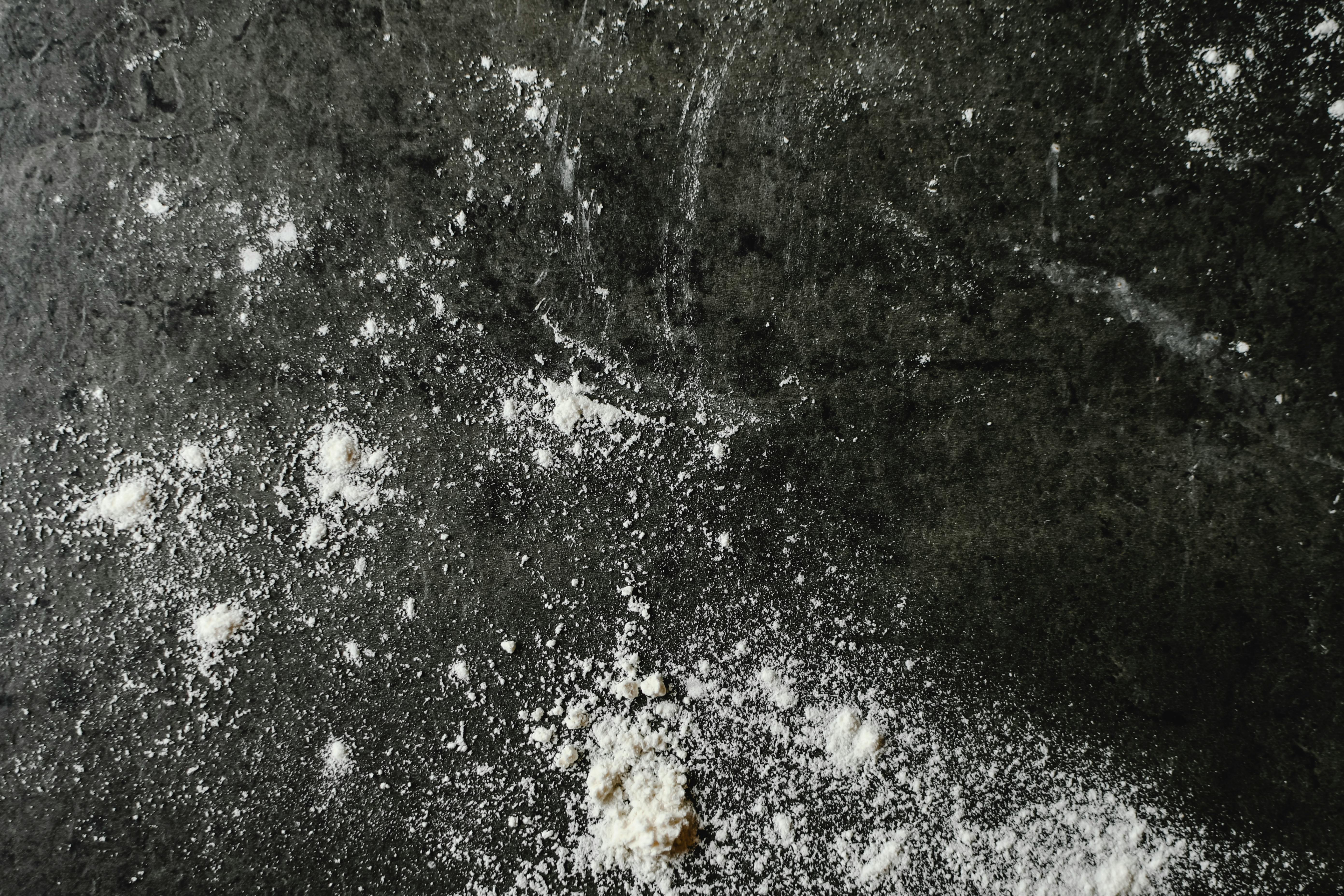
Cornmeal confuses ants because they can’t digest it properly. Sprinkle it near the mound and wait for worker ants to carry it back to the colony. Over time, it causes internal disruption and can impact population numbers. While this method doesn’t deliver fast results, it’s safe for pets and children. Combine it with stronger methods like vinegar or boiling water for a layered approach.
Salt Water Solution for Dry Conditions
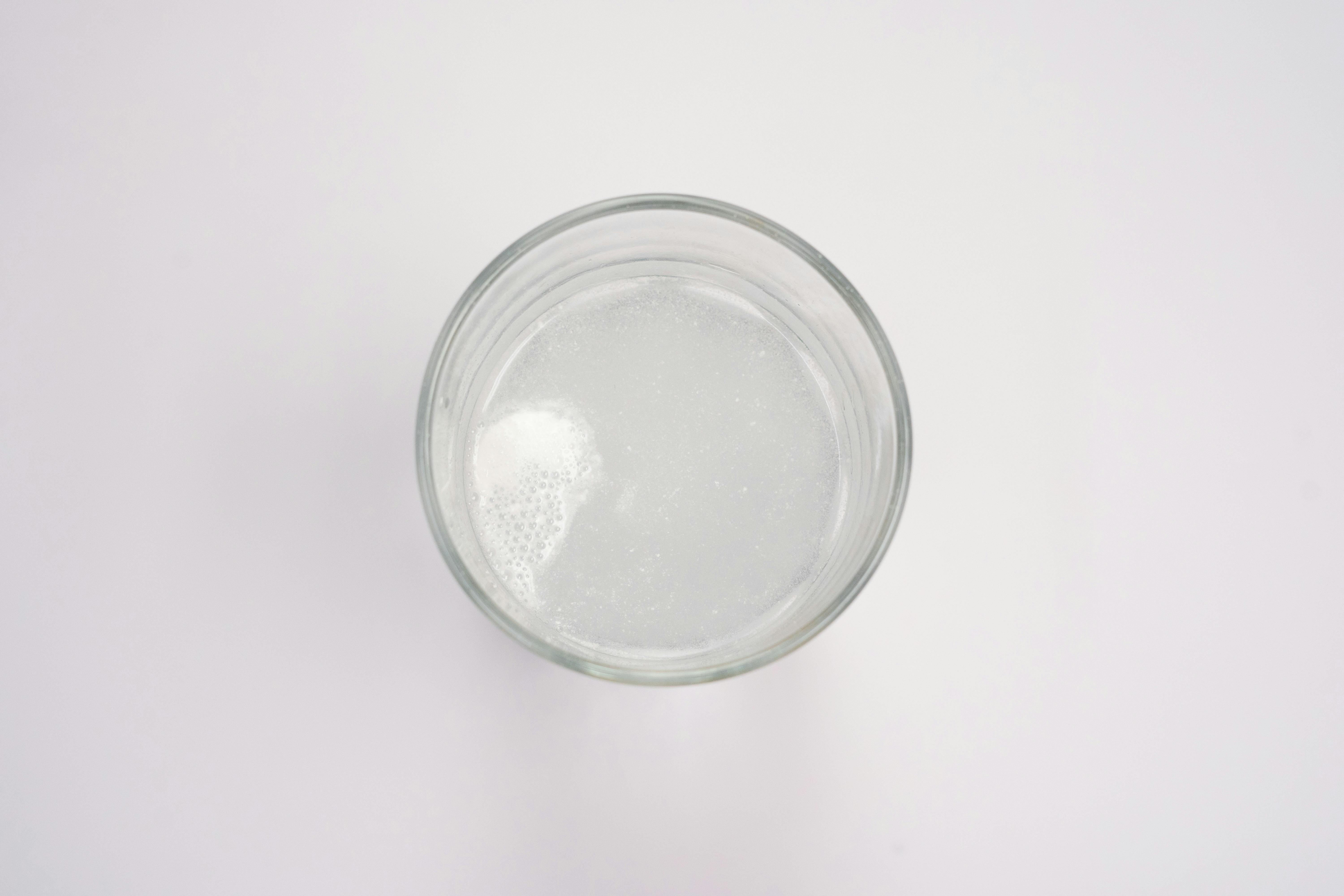
Salt is a desiccant, which means it draws moisture from the ants’ bodies and their environment. Dissolve a few tablespoons of salt in warm water and pour it into the mound. This can dry out the soil and irritate the ants enough to make them relocate. Be cautious when using salt around your lawn, though. High concentrations can damage grass and nearby plants. Use this method only for isolated mounds in unused patches of yard.
Used Coffee Grounds Keep Ants at Bay

Don’t toss those coffee grounds just yet. Spread used grounds over and around the ant hill. The strong smell repels ants and disrupts their scent trails. It’s not a lethal method, but it discourages ants from rebuilding. Plus, coffee grounds can improve soil quality in moderation, making it a yard-friendly tactic. Reapply after heavy rain or when you notice activity returning.
Orange or Lemon Peels Add a Citrus Punch
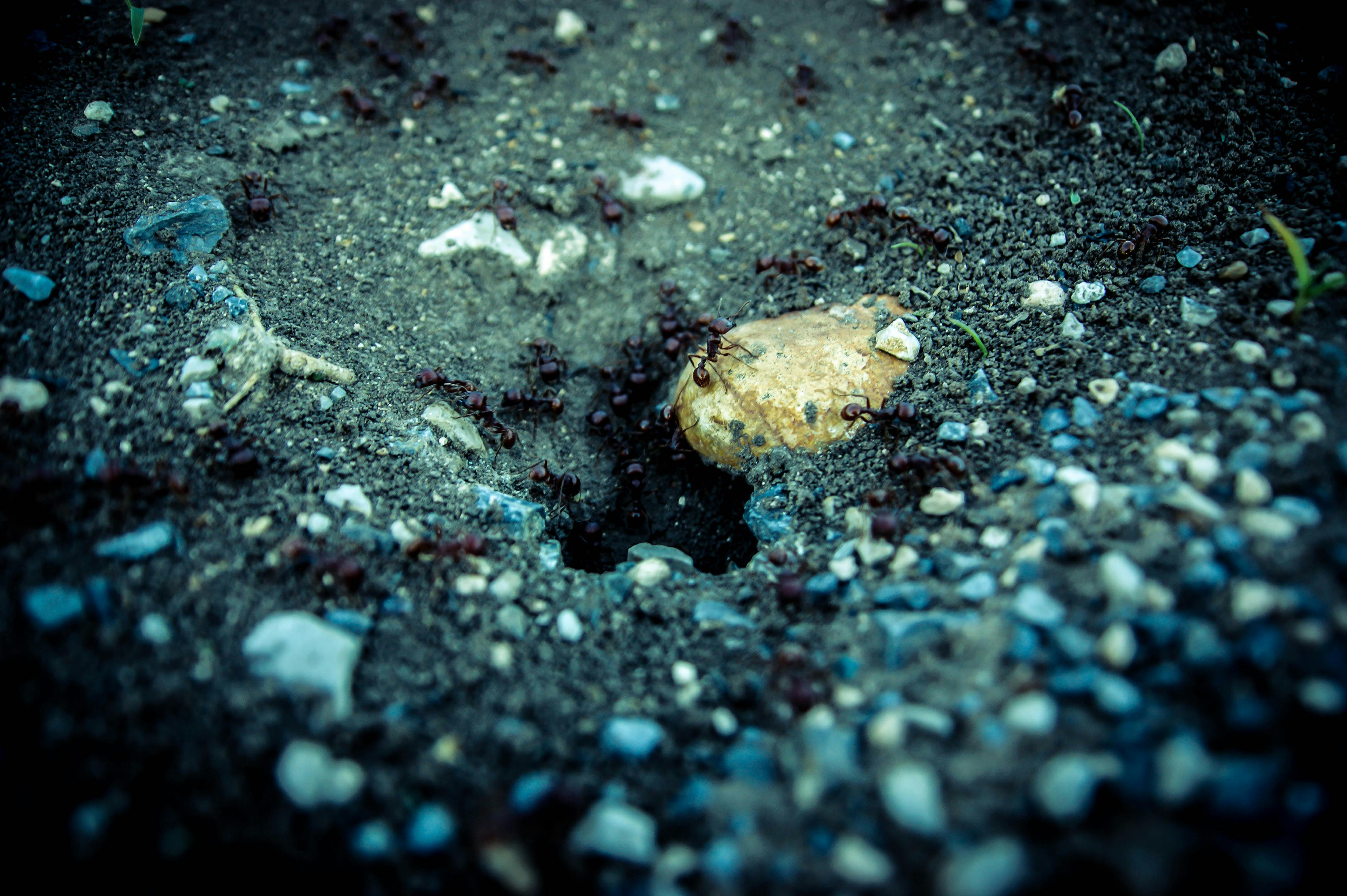
Citrus peels contain compounds toxic to ants and other insects. Grind orange or lemon peels into a paste and mix with warm water. Pour this mixture into the ant hill to kill ants and break down the structure. The oils in citrus act as a natural pesticide and mask pheromone trails. This method is biodegradable and safe for your garden. Repeat weekly to maintain results.
Cayenne Pepper or Chili Powder Barrier

Spicy seasonings like cayenne pepper and chili powder irritate ants’ senses. Sprinkle a thick line around the ant hill or along paths you see them travel. Ants avoid the powder and often abandon their colony when the area becomes too hostile. For stubborn colonies, mix the spice with water and a few drops of dish soap to create a potent spray. Avoid using this near pets that might be sensitive to strong spices.
Club Soda for Quick Soil Saturation
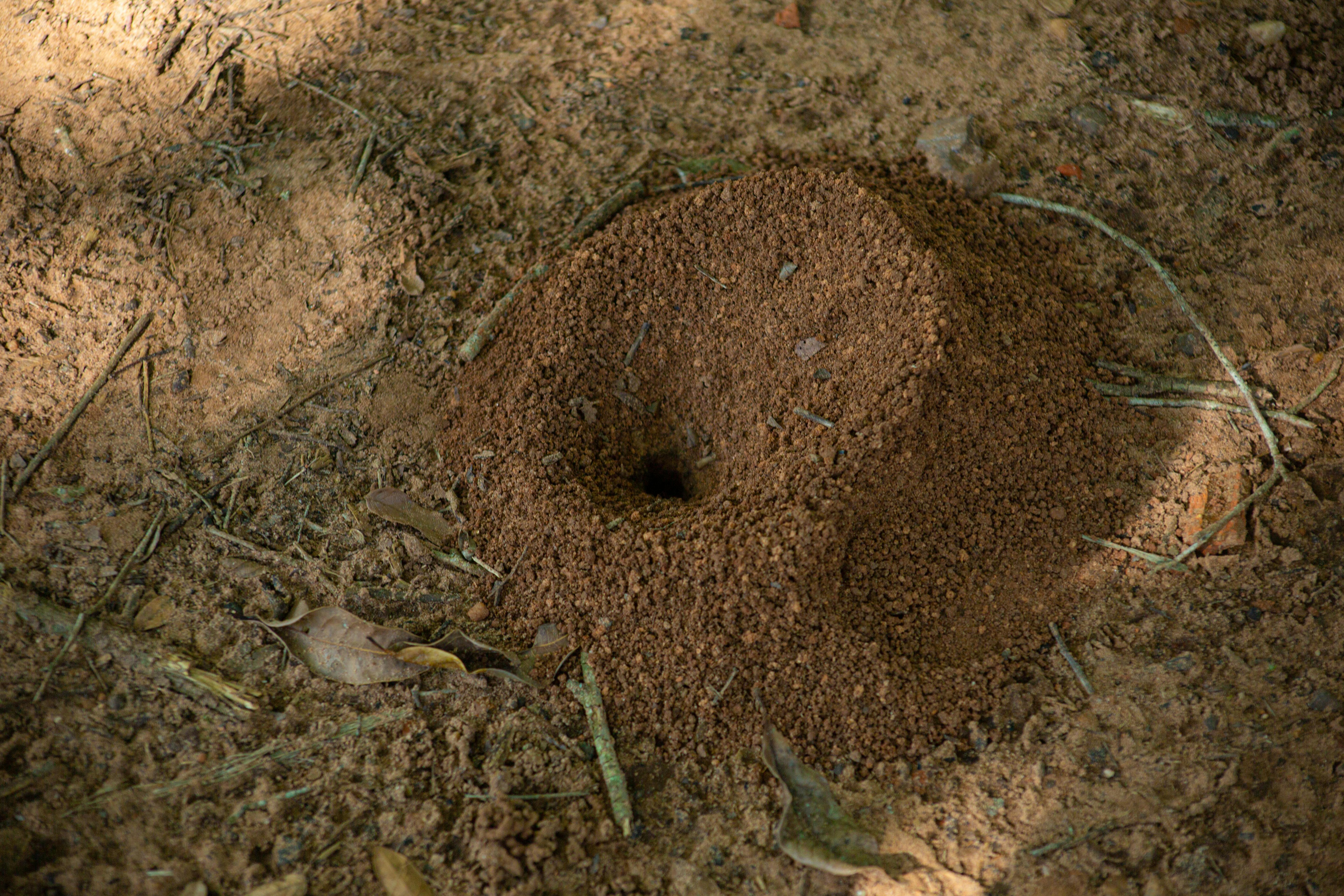
Club soda, with its high carbon dioxide content, can displace oxygen in an ant hill. Pour a generous amount directly into the mound. The bubbles can suffocate ants and collapse parts of the tunnel system. This works best on small to medium hills and should be followed up with a longer-term deterrent to stop the colony from rebuilding.
Read More: Create a Mosquito-Free Zone in Your Backyard with These 9 Plants
Conclusion

You don’t need harsh chemicals to deal with ant hills invading your yard. Many natural household items can solve the problem effectively while remaining safe for pets, children, and the environment. Whether you use boiling water for a quick hit, vinegar to overwhelm their senses, or baking soda for a sneaky bait trap, these methods work best when combined. Persistence is key. Keep monitoring your yard and reapply treatments as needed. A cleaner, ant-free lawn is within reach using remedies already in your pantry.
Disclaimer: This article was created with AI assistance and edited by a human for accuracy and clarity.
